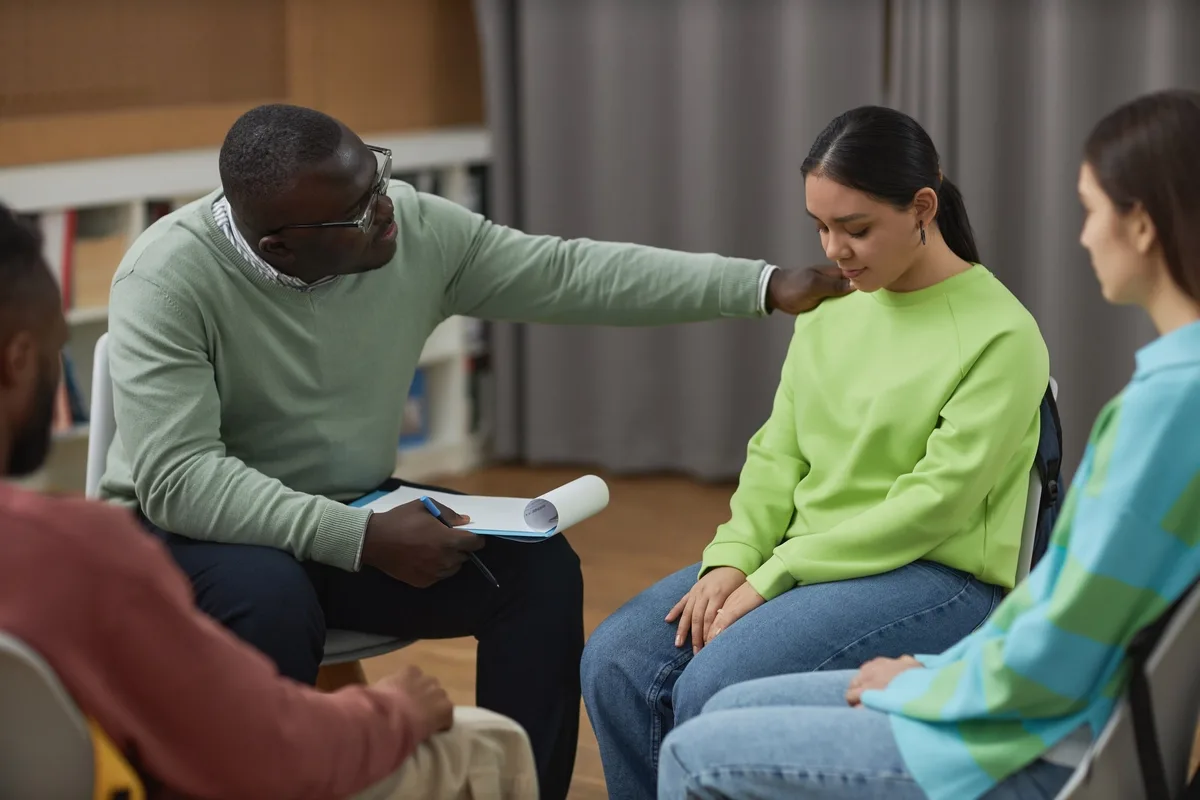24/7 Helpline:
(866) 899-221924/7 Helpline:
(866) 899-2219
Learn more about Medication-assisted Treatment centers in Columbia
Medication-assisted Treatment in Other Cities

Other Insurance Options

UMR

American Behavioral

Sutter

Highmark

Carleon

Absolute Total Care

Choice Care Network

Evernorth

Kaiser Permanente

Access to Recovery (ATR) Voucher

BlueShield

Aetna

CareSource

UnitedHealth Group

Premera

WellCare Health Plans
Beacon

Self-pay options

Humana

Multiplan








